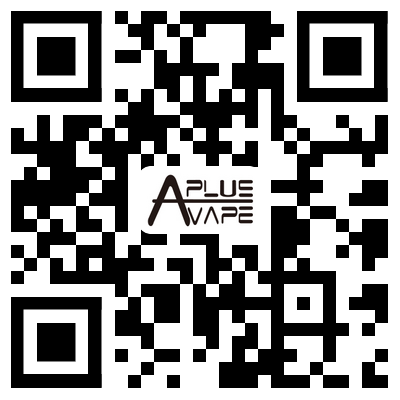Is Vaping Illegal in Singapore
2022-04-04
The use of e-cigarettes and other forms of vaporisers – informally known as “vaping” – is widely practised overseas and marketed by manufacturers as a healthier alternative to cigarettes.
Despite such marketing, whether vaporisers are indeed an effective form of nicotine replacement therapy is controversial. The World Health Organisation (WHO) has stated that it does not consider vaping as a legitimate therapy to help smokers quit due to a lack of scientific evidence.
Under section 16(2A) of the Tobacco (Control of Advertisements and Sale) Act (TCASA), it is illegal to possess, purchase and use vaporisers in Singapore as of 1 February 2018. This includes e-cigarettes, e-pipes and e-cigars as the TCASA covers any toy, device or article:
i. That resembles, or is designed to resemble, a tobacco product;
ii. That is capable of being smoked;
iii. That may be used in such a way as to mimic the act of smoking; or
iv. The packaging of which resembles, or is designed to resemble, the packaging commonly associated with tobacco products.
Persons found guilty of this offence can be fined up to $2,000.
In addition, under section 16(1) of the TCASA, it has been illegal to import vaporisers from 1 August 2016 onwards.
This means that buying vaporisers online and shipping them to Singapore for personal use is illegal. Those guilty of the offence are liable to a fine of up to $10,000 and/or up to 6 months’ jail. Repeat offenders are liable to a fine of up to $20,000 and/or to 12 months’ jail.























































